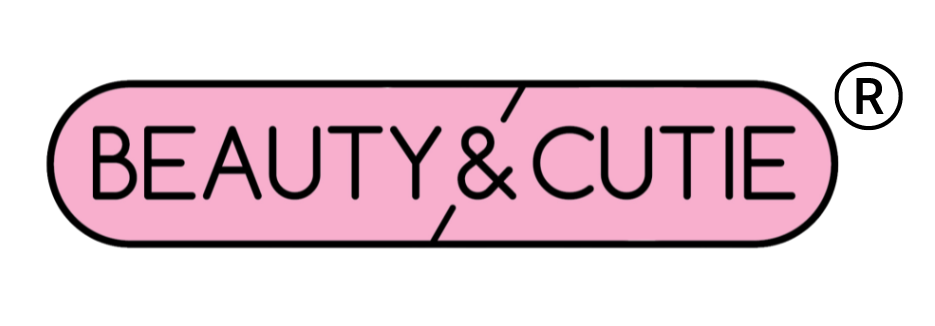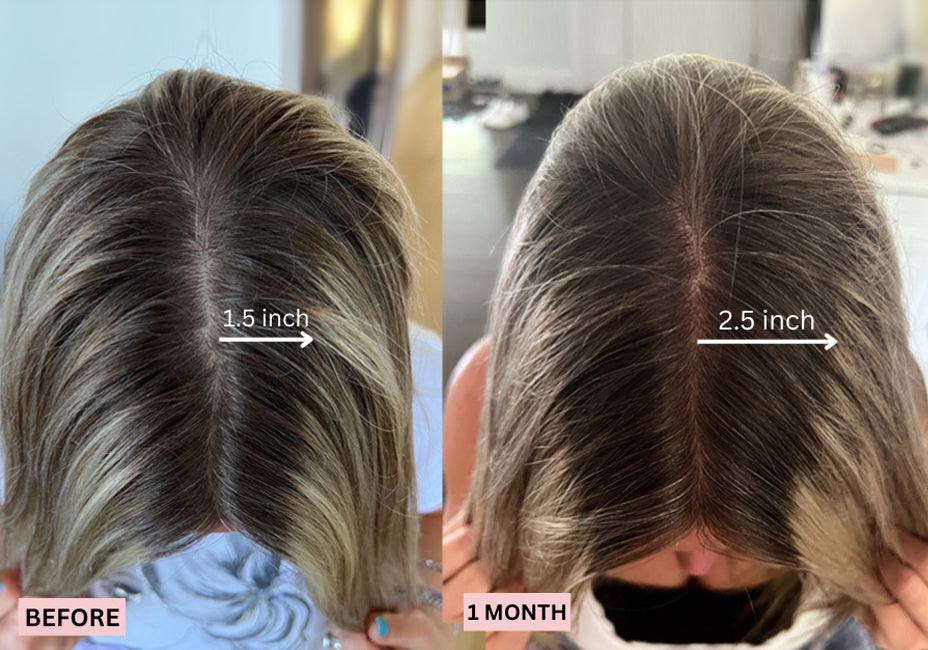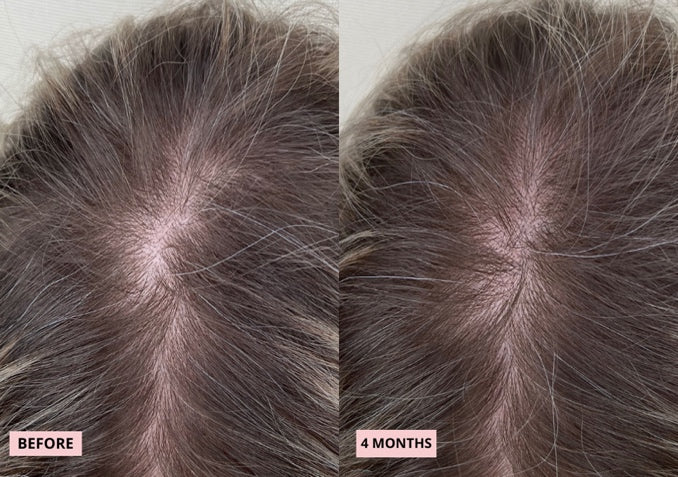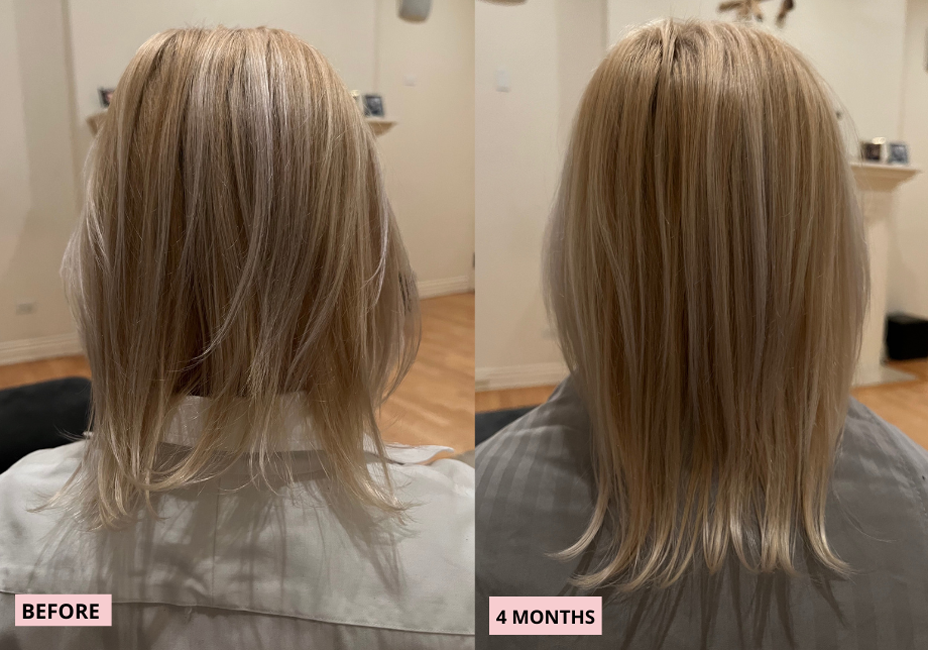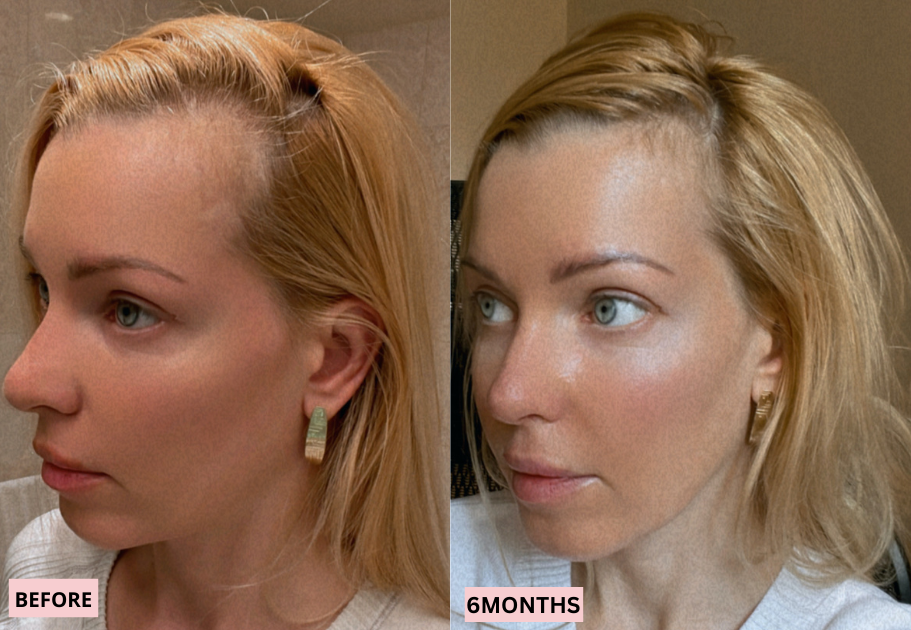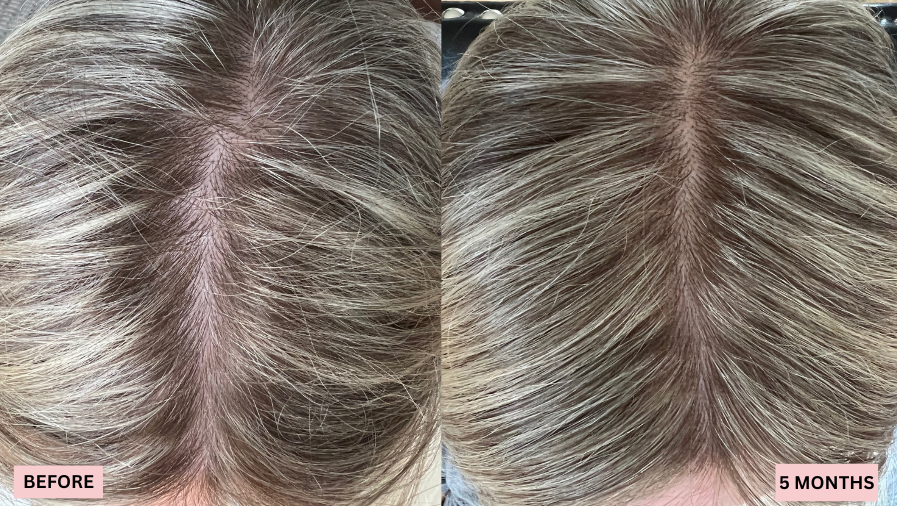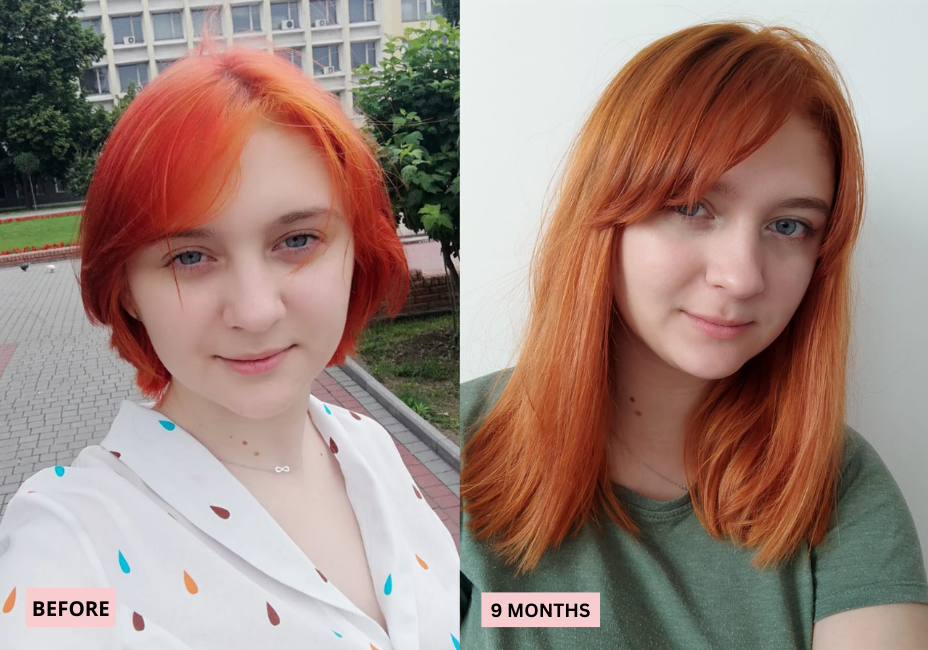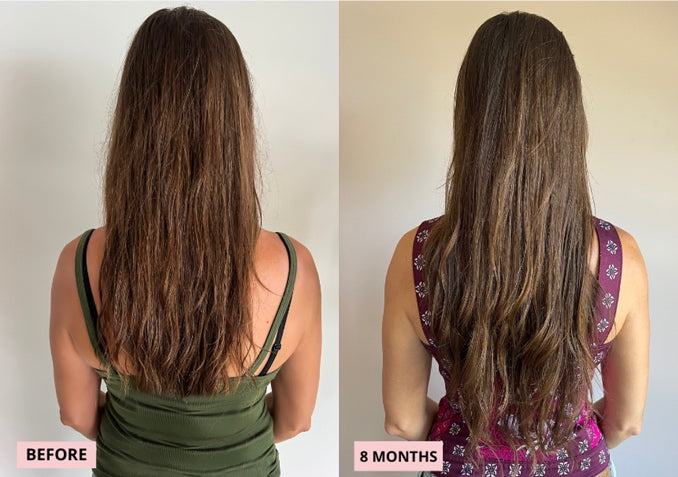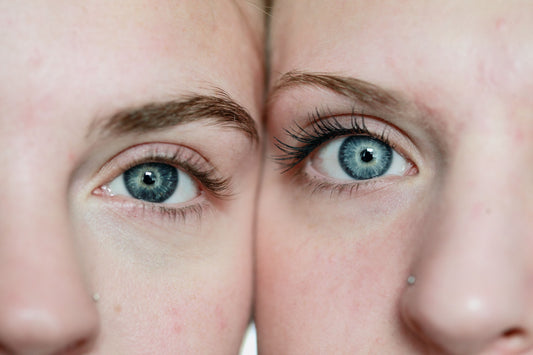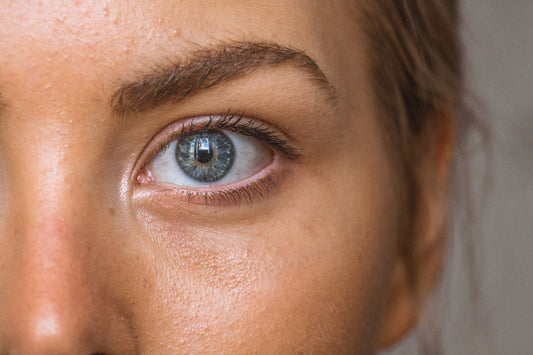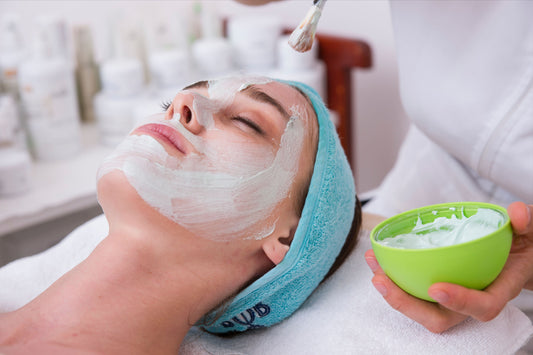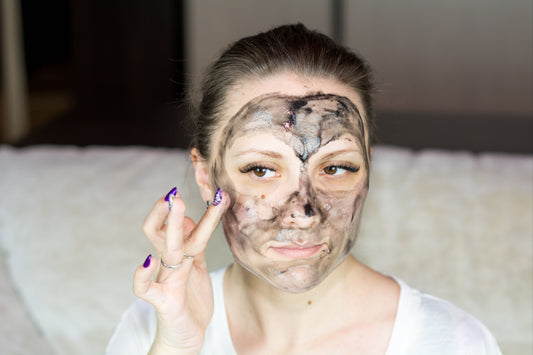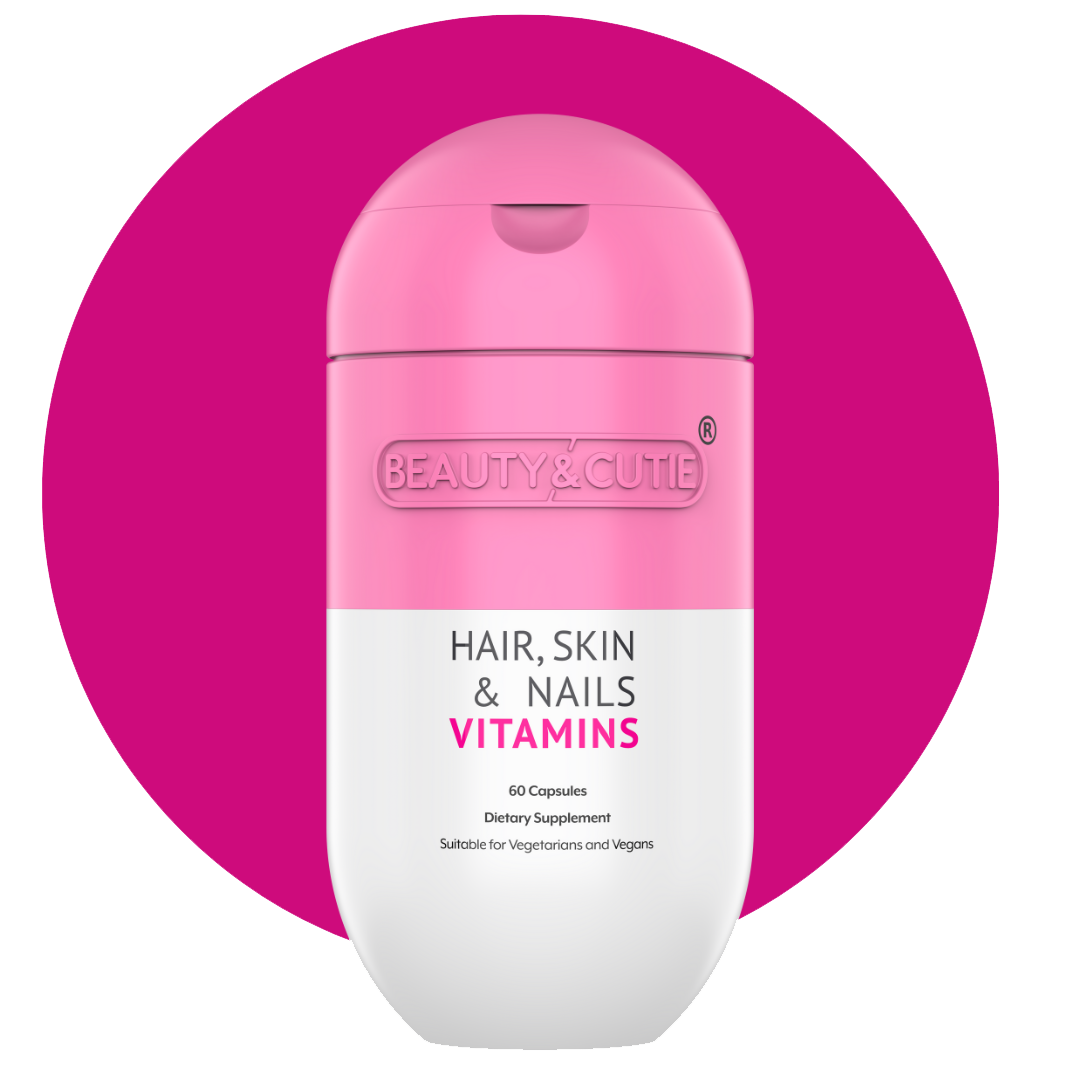
Hair, Skin & Nails Vitamins
Beauty&Cutie introduces the innovative vegan formula to the health and beauty industry, focusing on the enhancement of hair, skin, and nails. For us, the definition of beauty is the body’s ability to replenish and restore the natural elements that we use to present ourselves. Our vitamin supplement is not just another beauty product, it is a commitment to reflect the true beauty from within and maximize your potential.
Our formula uses a unique combination of vitamins, minerals, and amino acids to rebuild and promote optimal cell production to enhance hair, skin, and nails.








Before & After

Hair Skin Nails
Life isn’t perfect, but Beauty&Cutie is here to make sure your hair, skin, and nails always look their best. Your diet affects your appearance, so we are here to make sure that you get all the key nutrients in a once-daily vitamin capsule to improve the look and feel of your hair, skin and nails.
Thinning hair? Since hair is fed and grows from the roots, topical products are not as effective - but what you put in your body can change a lot! Healthy new hair is formed in hair follicles inside your skin. These ''hair bulbs'' are connected to tiny blood vessels that deliver nutrients. When you ensure your body is getting the right mix of vitamins, minerals, and amino acids these nutrients are delivered straight into your hair follicles, stimulating healthy growth.
To fight back against wrinkles, Hyaluronic acid helps reduce the visibility of wrinkles and fine lines. It also smooths your skin by keeping it hydrated. Weak nails? Our formula is designed to restore and enhance your body’s natural beauty. Studies show that taking Biotin supplements can improve weak or brittle nails, making them less likely to break. Biotin is also required to metabolize carbohydrates, fats and amino acids.
Our daily vitamin supplements are formulated for easy absorption. Bioavailable nutrients, including zinc (in the form of zinc bisglycinate) and 5-MTHF (a form of folate), are easy for your body to absorb. Zinc plays an essential role in hair tissue growth and repair. It is also an anti-inflammatory agent, helping diminish skin conditions such as acne, eczema, and rosacea. Our sole aim is to create and deliver a healthier and more beautiful you. Look great! Feel great! And be fabulous with Beauty&Cutie.
Ingredients
Learn More About Our Ingredients
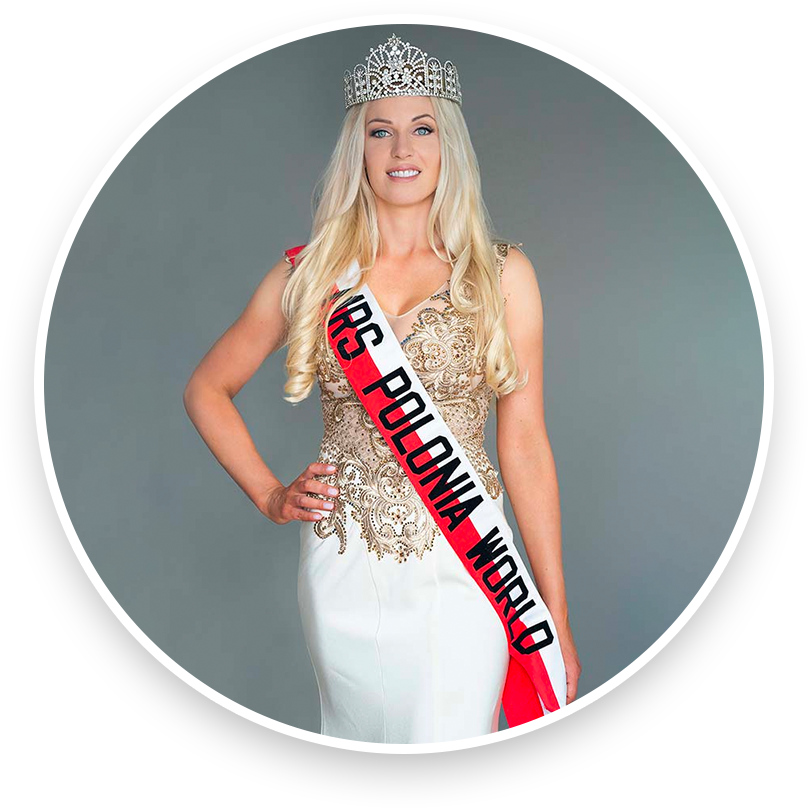
How I Started Beauty & Cutie, A Hair, Skin & Nails Vitamin Company.
I struggled with acne and thinning hair for years, which undermined my confidence and self-esteem. Full coverage make-up and hair extensions were my quick fix, but I really wished I wouldn’t have to do it...
